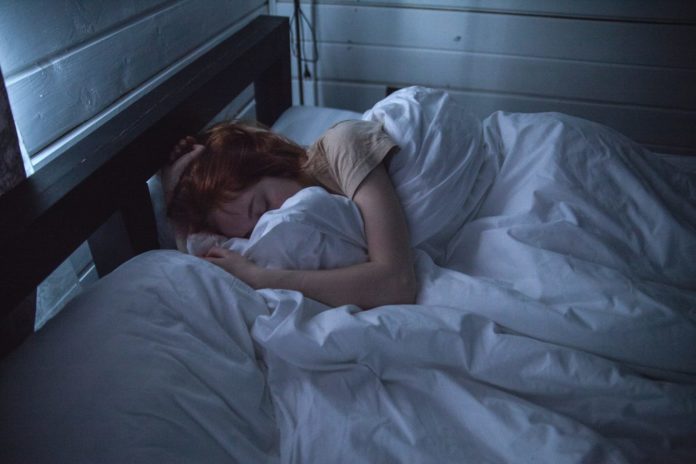Are you a good sleeper? Do you drop off to sleep at bedtime and log 8 hours of deep restful slumber, waking refreshed in the morning before the alarm goes off? If you answered “yes”, then read no further and move on to other articles that will be of more interest to you. If you answered “No, sleep is a struggle every night”, then Shawn Stevenson’s book Sleep Smarter: 21 Essential Strategies to Sleep Your Way To A Better Body, Better Health, And Bigger Success might be just the book for you this fall. This is not my first book on sleep, but may be my last, as it is remarkably easy to read, while jam-packed full of wisdom.
Medical research has shown that the value of sleep is greater than we have been giving it in our busy lives. There have been connections made with serious diseases (heart, diabetes, cancer, the list goes on) that have given rise to many books, podcasts, YouTube presentations, and both online and hard copy information on how to sleep better. Some folks just take a sleeping pill every night and give it no more thought, but for those of us who would prefer to get off the pharmaceutical track, there are behaviours that can be helpful. What do you know about circadian rhythms? I learned that getting sunshine on my face first thing in the morning is as important as going to bed at an appropriate time. This is easier managed during our summers, of course, but there are light boxes you can buy to get the right wavelength of light into your eyes 12 months a year when a sunny patio is not available at 7:00 am. They have been advertised for use by people who suffer from Seasonal Affective Disorder (SAD) but in fact are be beneficial to other poor sleepers as well.
Caffeine is well known as a stimulant, and many people can drink coffee and sleep well. Some of us, however, do not metabolize caffeine efficiently, and find that there is still a stimulant effect going on by late evening. The caffeine-sensitive sleeper will need to decide which is more important: that morning “cup of Joe” or a better sleep in 14 hours. Perhaps coffee will become an occasional treat if you are one of these folks, as I am. What about alcohol in the evening? Works beautifully for some, not so much for others. REM sleep is the time you process memory; alcohol consumption can mess with the REM cycles of your nighttime hours, and your body does not get the full rejuvenation necessary during that time. Actually, when you sleep your body is very busy doing many essential things that it does not have time to do during the daytime; this is why sleep is so important to our health.
Is your bedroom dark? Do you watch television to fall asleep? What about your cellphone, tablet, laptop? Do you take your friends to bed with you in case someone needs to be talked to during the night? How does that affect your sleep efficiency? Shawn isn’t the only author who maintains that all screens need to be turned off 60-90 minutes before sleep, but he makes a fine argument for this change in what has become a very harmful habit. Who among us can spend “just 5 minutes checking Facebook” before turning out the light? Not me, alas, and for this reason my tablet and cellphone are now charged in the kitchen during the night.
Then there is a chapter on exercise—what and when; and more on diet and nutrition—also what and when. Meditation can be a very useful tool, and costs nothing both financially and medically. As the title of the book outlines: there are 21 useful strategies to help you be more successful at night and surely there will be one or two, or maybe more that might apply to you. Here’s to better sleep for all of us, thanks to Shawn Stevenson PhD.










